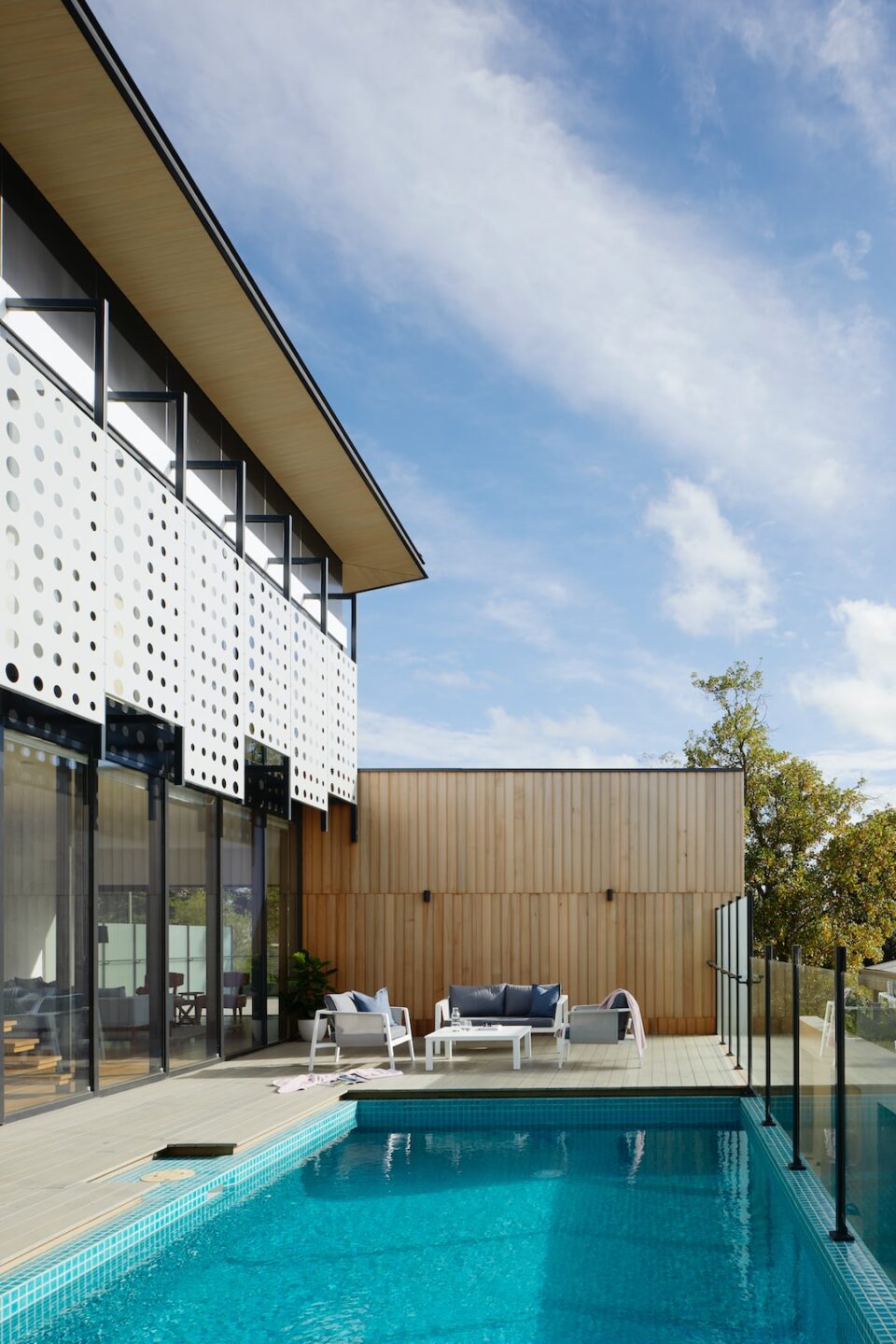What to Consider Before Renovating Your Property
Renovating your property can be an exciting yet overwhelming experience. Whether you are looking to update your home for personal enjoyment or increase its market value, it is important to carefully consider a few key factors before diving into a renovation project. By doing so, you can ensure that your renovation is successful, cost-effective, and meets your expectations. In this blog post, we will discuss some essential things to consider before embarking on a property renovation.
1. Budget Planning: Before starting any renovation project, it is crucial to establish a realistic budget. Calculate how much you can afford to spend and set aside a contingency fund for any unexpected expenses. Research the costs of materials, labor, and permits required for your project to better estimate the total cost. A detailed budget not only helps you stay on track but also allows you to prioritize which areas of your property need renovation the most.
2. Determine Project Goals: Understand the purpose behind your property renovation. Are you looking to enhance the functionality and comfort of your living space, or are you primarily focused on resale value? This clarity will help you make informed decisions throughout the renovation process. Communicate your goals to contractors or interior designers to ensure everyone is on the same page and working towards the same objectives.
3. Assess Structural Integrity: Before beginning any cosmetic renovations, it is imperative to assess the structural integrity of your property. Engage the services of a professional inspector who can identify any issues such as foundation problems, plumbing or electrical concerns. Addressing these issues early on will prevent larger problems down the line and save you from unexpected costs.
4. Research Local Regulations: Depending on where you live, there may be specific regulations and permits that must be obtained before undertaking a property renovation. Familiarize yourself with these regulations to avoid legal complications or delays. Contact your local building department or consult with professionals to ensure compliance with all necessary building codes and regulations.
5. Timeframe and Schedule: Consider the timeframe in which you want the renovation to be completed. Do you have a specific date in mind, such as hosting a family gathering or moving into a new home? Knowing the timeline will help you plan for the project better and communicate your expectations to contractors. Keep in mind that unexpected delays such as weather conditions or shipment delays can affect the completion date.
6. Hiring Professionals: Renovating a property often requires skilled professionals such as architects, contractors, and designers. Do thorough research and get multiple quotes before hiring anyone. Ask for references and check online reviews to ensure the credibility and reliability of the professionals you are considering. Clear communication and a detailed contract outlining the scope of work, timelines, and payment terms are essential for a successful renovation.
7. Lifestyle Considerations: Consider how the renovation will impact your lifestyle during the construction process. Can you temporarily live elsewhere, or will you need to make accommodations within your property? Renovations can be noisy, dusty, and disruptive, so plan accordingly to minimize inconveniences. Additionally, take into account any future plans and how the renovated space will align with your lifestyle in the long term.
8. Research Design Trends: It is helpful to research design trends and gather inspiration for your renovation. Create a mood board or a visual representation of your desired aesthetic. Consider future-proofing your renovation by selecting timeless design elements that will stand the test of time. While it is important to incorporate current trends, balance it with your personal style and preferences.
9. Eco-Friendly Options: If sustainability is important to you, explore eco-friendly options for your renovation. Choose energy-efficient appliances, LED lighting, low VOC paint, and sustainable building materials. These choices can save you money in the long run, while also reducing your carbon footprint.
10. Realistic Expectations: Lastly, it is crucial to have realistic expectations about the outcome of your renovation project. While renovations can significantly enhance your property, there may still be limitations or unforeseen challenges. Prepare yourself for potential setbacks and remember that the end result might not be perfect. Flexibility and adaptability are essential qualities when embarking on any renovation project.
In conclusion, renovating your property requires careful planning and consideration of various factors. By establishing a budget, determining project goals, assessing structural integrity, researching local regulations, and hiring professionals, you can ensure a successful renovation. Consider the impact on your lifestyle, keep up with current design trends, explore eco-friendly options, and maintain realistic expectations for the project. With these considerations in mind, you can embark on your property renovation journey with confidence and achieve the results you desire.


